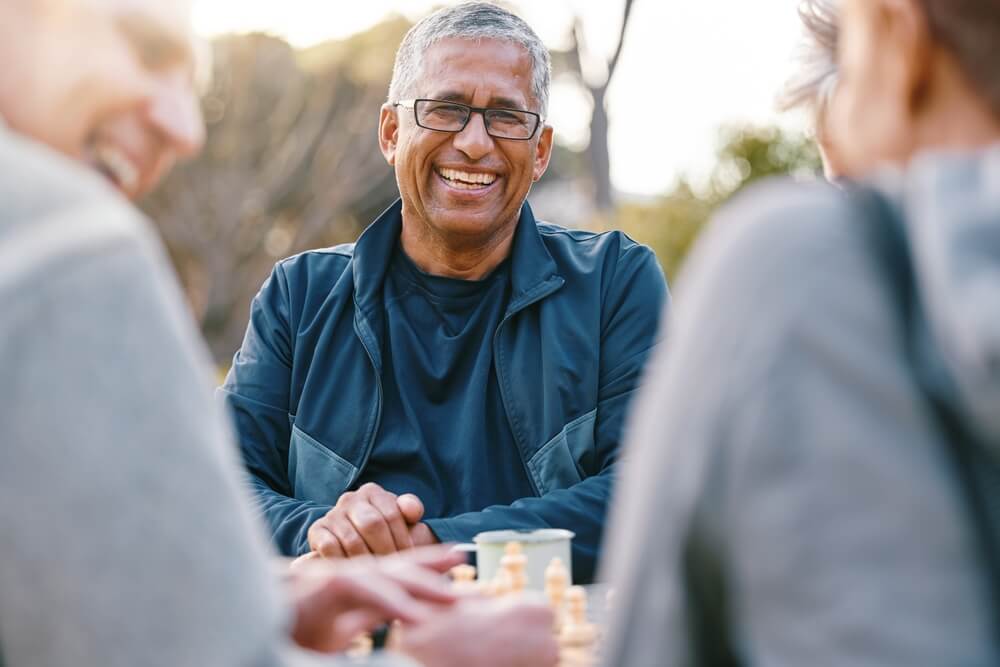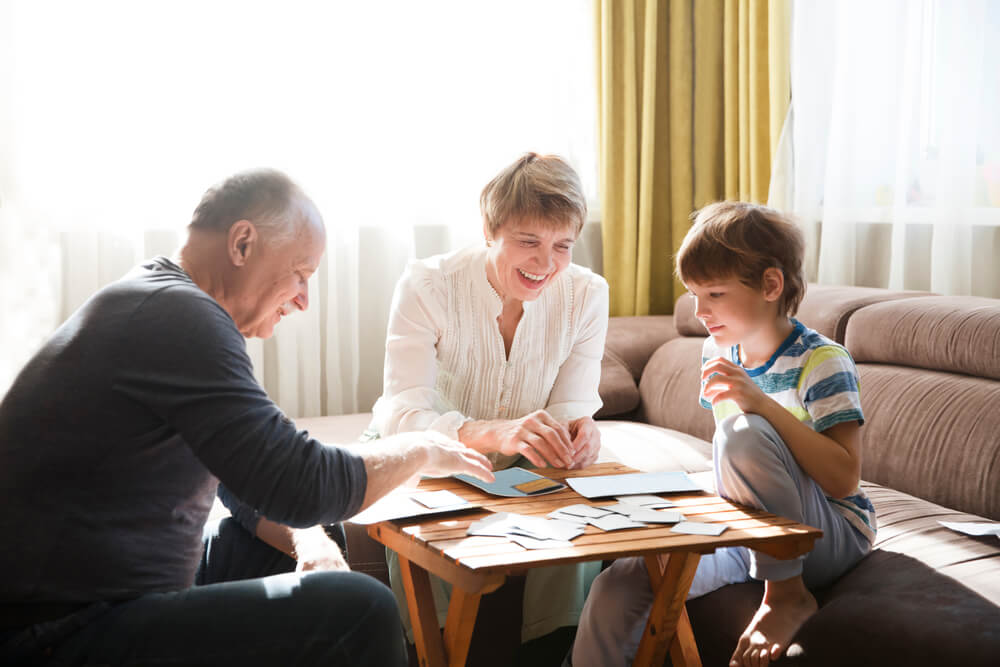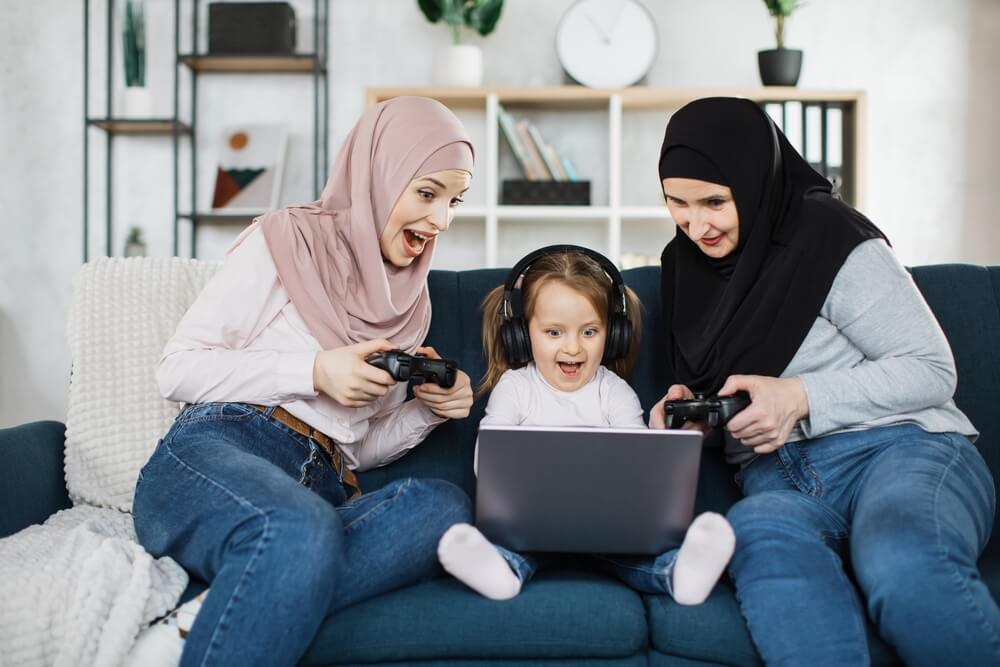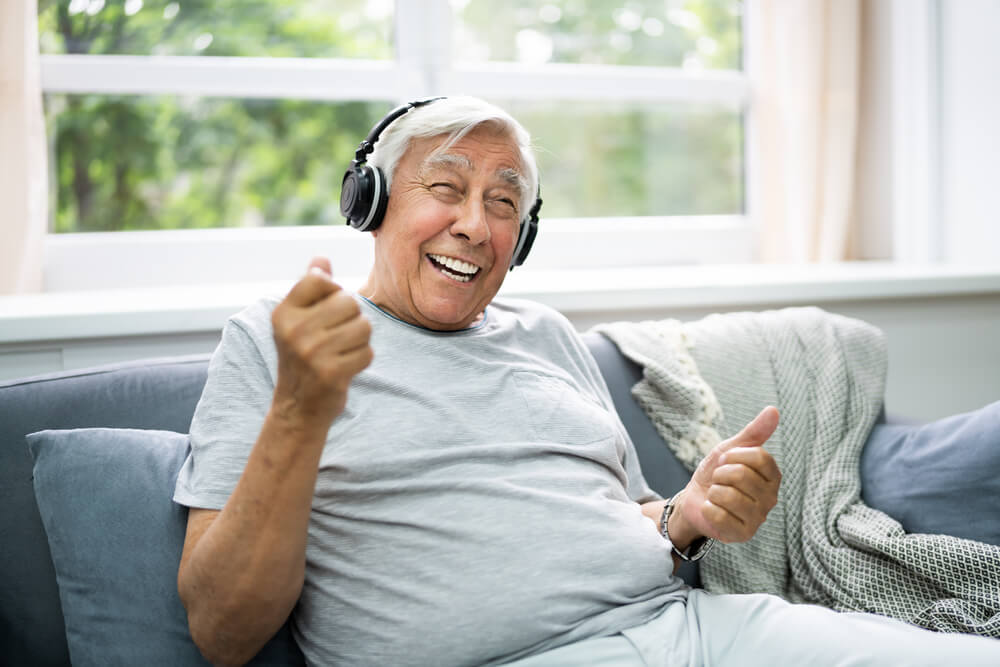
Ways to Enhance Your Post-Stroke Journey: 3 Brain Exercises to Consider


When we think of exercises, we often think about movement. As much as physical activity is essential to post-stroke health, mental exercises are just as important.
For post-stroke patients, brain exercises can be a critical component of their rehabilitation journey, as “cognitive impairment and memory loss are common after a stroke.”
The good news is the brain is a powerful organ that can learn at any age. Medical experts note, “the reality is that everyone has the capacity to develop new cells that can help enhance cognitive functions.” The more you will engage your brain – the better are the chances you will see cognitive improvement.
Brain exercises can unlock this potential. Below, we offer insights into three main types of brain exercises for stroke relief: games, apps, and lifestyle activities. We also discuss the training Aviv Clinic’s post-stroke program can offer, so don’t miss out.
1. Games for Stroke Patients
Games are not only fun, but they can also improve cognitive performance.

Puzzles
Games like crossword puzzles, Sudoku, and word searches are excellent activities to stimulate the brain.
The most impactful? Crossword puzzles. Researchers specify crossword puzzles are “superior to other brain games in improving memory.”
Let’s also not forget the accessibility crossword puzzles offer—you can find them anywhere online or in newspapers and easily take them on the go.
Board Games
Board games often require critical thinking and teamwork.
Playing board games—like Scrabble, Connect Four, and Battleship—stimulates brain areas that oversee memory formation and thought processes. Games do this by:
- Encouraging high-level thinking. Board games can improve brain skills like strategic thinking, logic, attention, memory, and comparison. Researchers report that “playing non-digital games may be a positive behavior in terms of reducing cognitive decline.”
- Enhancing creativity and self-confidence. The collective nature of board games can help post-stroke patients with creative problem solving while connecting with their friends and family.
Video Games
In a study where post-stroke patients participated in playing Wii Sports Resort—a collection of sports simulation mini-games:
- The group who played video games “achieved better results than the control group”
- Among attention, processing speed, and working memory, “the attention and processing speed improved” the most.
These results illustrate the potential video games have in supporting cognitive rehabilitation after a stroke. Like board games and puzzles, video games can offer the same stimulation the brain needs to enhance critical thinking and memory.
One study even notes that motor-sensor video games could offer physical benefits. When working with a therapist, the games “allow patients recovering from a stroke to improve their motor skills and affected arm movements.”

2. Devices and Apps for Stroke Patients
There are some specific devices and apps that provide access to speech and cognitive activities. Though most apps are not specifically for stroke patients, they can still help with neurological rehabilitation.
One tip is to look for ‘Psychomotor skills” apps that calibrate themselves to an individual’s motion range. These can be especially useful for stroke patients.
Here are examples of helpful devices and apps for stroke patients:
- BrainHQ is a cognitive training app. The app offers several games that help Aviv Clinics’ clients improve skills in areas—such as memory, attention, brain speed, and navigation—that stroke survivors may struggle with. You can even design your own program, choosing exercises and workouts that meet your personal interests.
- MindMaze has a helpful game-based digital therapy called MindMotion™ GO. It offers full-body motion capture, allowing patients to practice physical and cognitive exercises at the same time.
- Lumosity offers exercises for your mind with a fresh set of games daily to keep your brain consistently challenged. The app also provides reports that track your progress.
- VAST is a virtual reality rehabilitation system we use at Aviv Clinics. It offers the flexibility to work in any physiotherapy practice and helps our patients engage in moto-cognitive activities.
3. Lifestyle Activities for Stroke Patients
Here are some lifestyle activities for stroke patients that shake things up by offering more diverse, non-digital options that can create balance in your life.
Music
Listening to music offers an emotive experience that enhances mood and improves memory. Frequently, a specific song elicits certain memories or forms new ones.
Studies note that music therapy can be a good “motor function rehabilitation” method. Listening to music or singing songs can help “promote neural plasticity”—the ability of the nervous system to adjust itself—and improve “patients’ motor function.”
Have you been interested in learning to play a musical instrument? This activity may offer additional benefits, as “Listening to and performing music reactivates areas of the brain associated with memory, reasoning, speech, emotion, and reward.”

Photography
The Stroke Association recommends photography as a leisure activity. Take a walk around a nearby park or nature sanctuary and take some photos. Photography can be a therapeutic activity that offers a healthy and peaceful distraction. You’ll also get a chance to move your body while snapping pictures.
Aviv Clinics: Post-Stroke Program
The Aviv Medical Program offers a comprehensive post-stroke program targeted to those in the chronic post-stroke phase, typically six or more months after the incident. The Aviv Medical Program consists of a plan that can include the following:
- Hyperbaric oxygen therapy (HBOT)
- Cognitive training
- Physical training
- Dietary coaching
- In-depth review of health history
- Comprehensive physical exam
- Highly advanced brain imaging scans
- Neurological and neurocognitive tests
- Body composition analysis
- A detailed report of our assessment findings
- A post-program report of your improvements and recommendations for future progress
All components of this plan are included in a physician-designed program tailored to the needs and goals of each patient.
Cognitive Training Program
The cognitive training portion of the Aviv Medical Program is performed both inside and outside our hyperbaric oxygen suites. During HBOT sessions, your brain and body unlock their regenerative mechanisms. This helps you become more receptive to other forms of therapy.
As part of your treatment, you may also complete our unique cognitive training regime while exerting yourself physically on the cutting-edge h/p/cosmos medical treadmill. Research shows this combination of physical and cognitive effort maximizes the benefits of the Aviv Medical Program, taking your brain and body to the next level.
Find Hope with Aviv Clinics
Life after a stroke can be challenging. A stroke can suddenly strip away the capabilities we take for granted. Support, trust, and consistency are vital to getting back to optimal health. The medical team at Aviv Clinics offers all three elements while crafting a personalized rehabilitation plan specifically for you.
If you’ve tried the suggested brain exercises for stroke relief and other therapies but haven’t received the desired results, it’s time to seek the help of Aviv Clinics.
Aviv Medical Program provides you with a unique opportunity to invest in your health while you age


